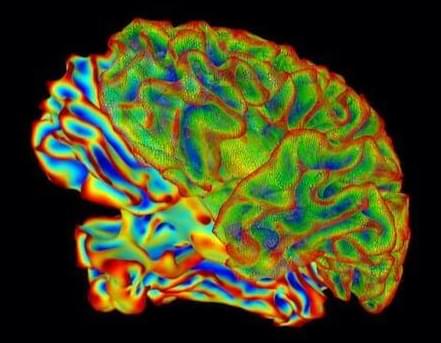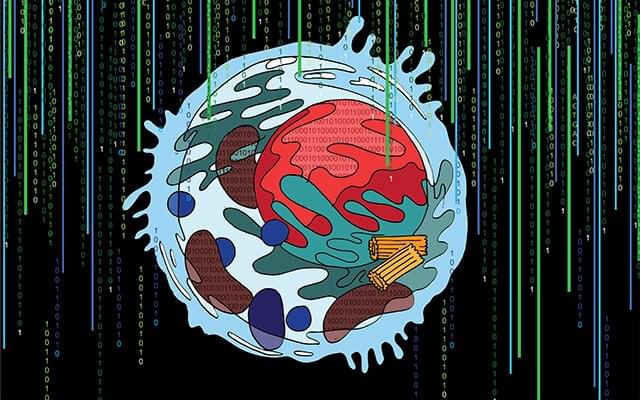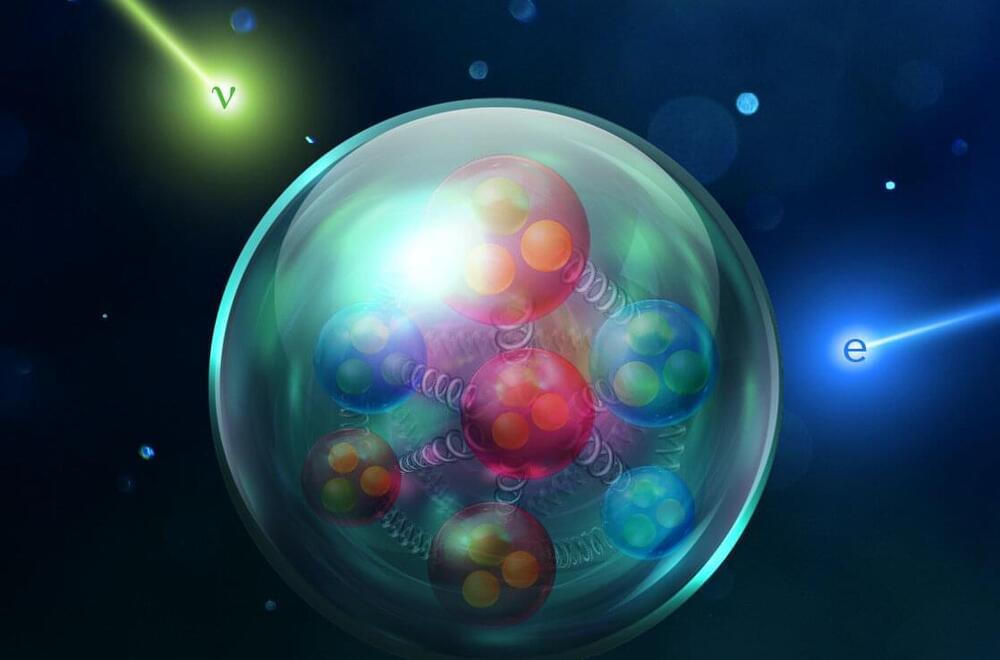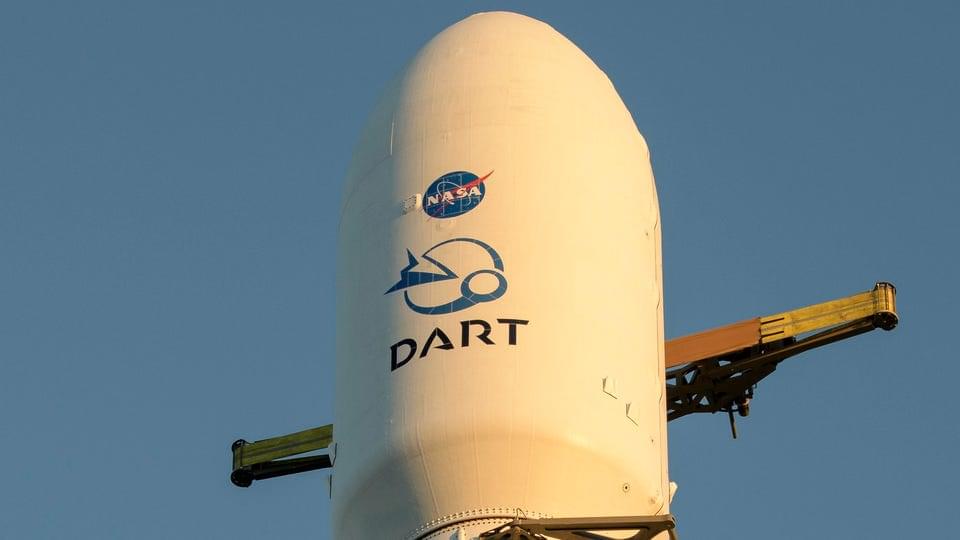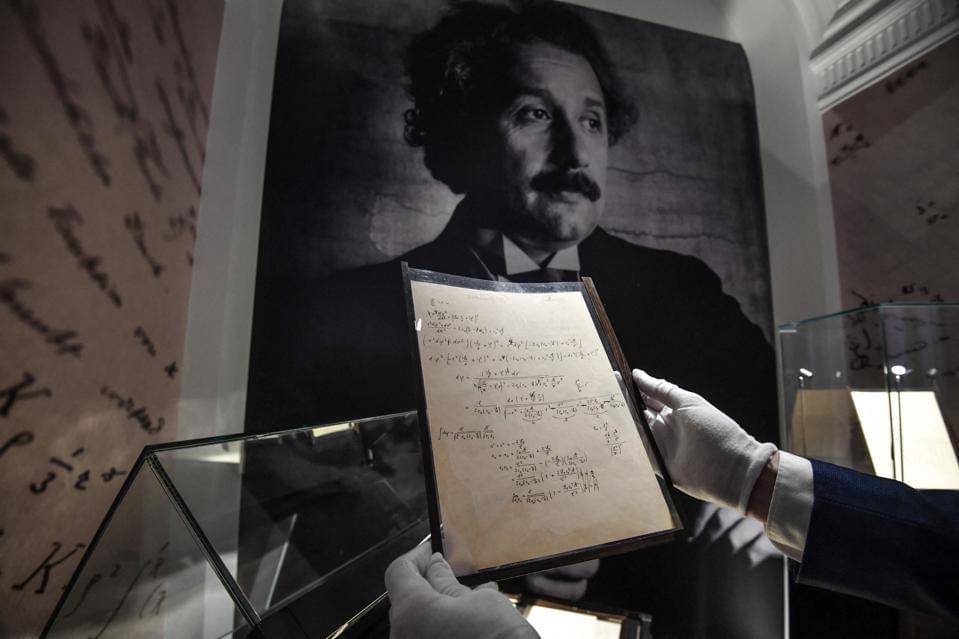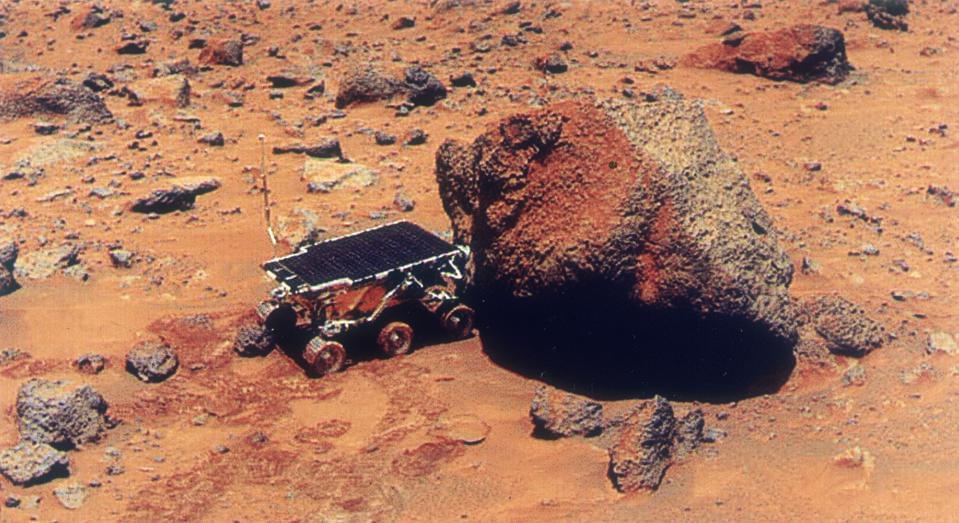Nov 24, 2021
Refinery that supplies most gas used in B.C.‘s Lower Mainland halting work
Posted by Poopeh Morakkabati in category: futurism
Parkland Corp. is moving to pause its refinery processing operations in Burnaby, B.C., due to a lack of crude oil supply from the Trans Mountain pipeline, which has been shut down as a precaution due to the flooding in B.C.
The company says it plans to maintain the refinery, which is a key source of gasoline for the Vancouver area, on standby mode so that it can resume processing quickly.
“We are maintaining the refinery in ready-mode…which positions us to recommence processing once sufficient crude oil feedstocks become available”, Ryan Krogmeier, Parkland’s senior vice-president of refining, said in a statement.

